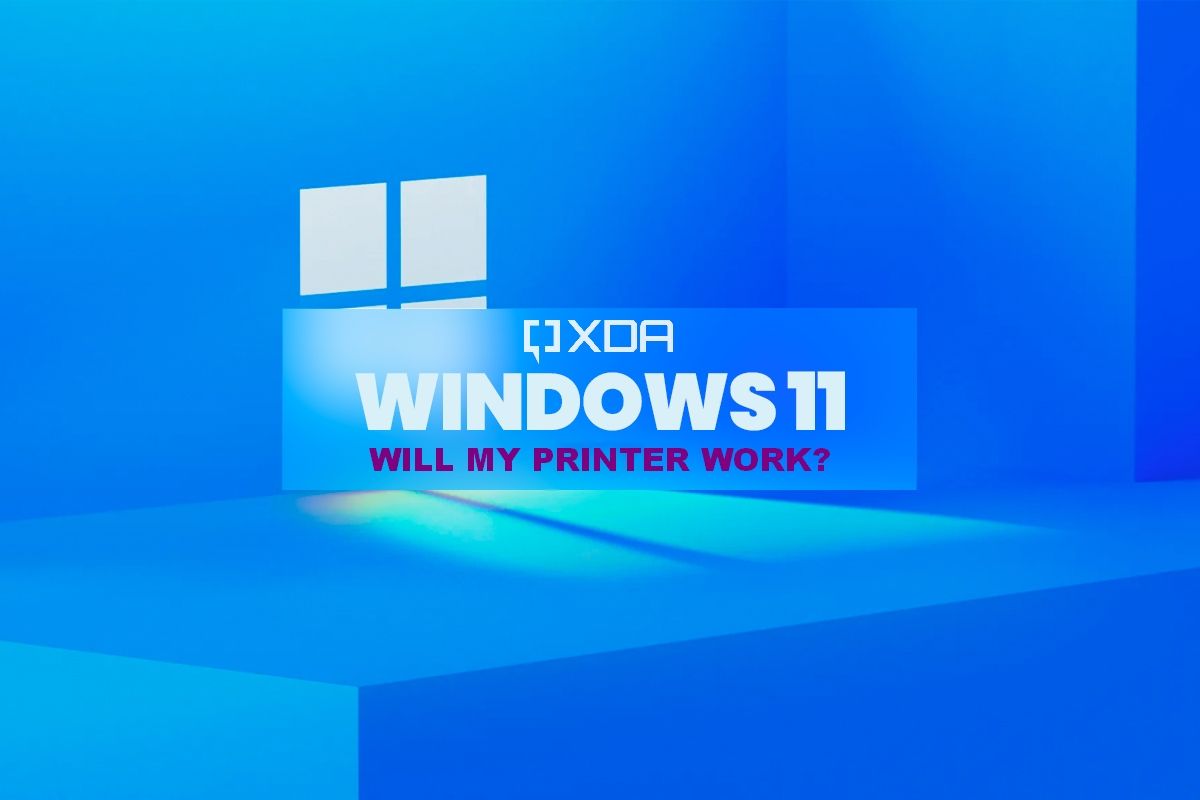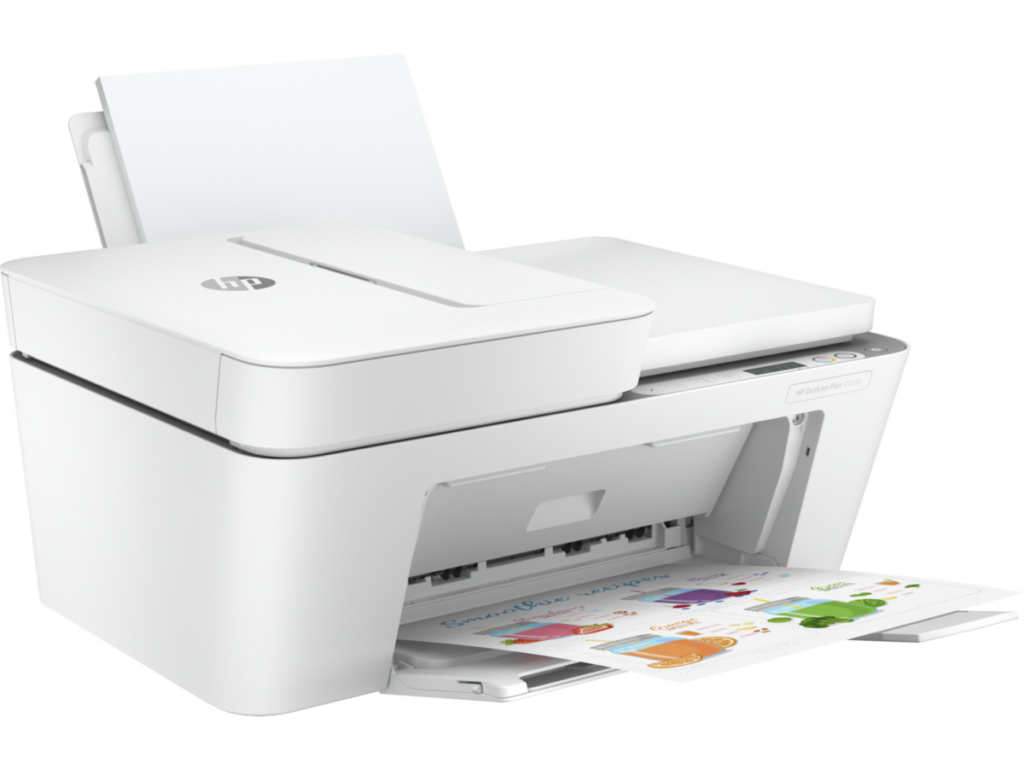Windows 11 is now available, and it's quite a big shift from Windows 10 in a few ways. It looks significantly different from Windows 10, and it adds a bunch of new features. But that's not all that's changed. Windows 11 has much higher system requirements than previous versions, too. There are a few PCs that won't be supported by the new OS, but what about peripherals? If you're worried about whether your printer will work with Windows 11, you shouldn't have to. Most peripherals and accessories that work today should continue to work with the new OS.
Navigate this article:
- Can my PC run Windows 11?
- Will my printer work?
- Does anything change with Windows 11 version 22H2?
- You can always go back
Can my PC run Windows 11?
First off, your biggest concern should be whether your PC meets the minimum requirements to run Windows 11. There are a few big changes, such as the need for a 64-bit processor, 4GB of RAM, and 64GB of storage. A few devices will be excluded based on those changes alone.
In addition to checking the list of requirements, Microsoft has a PC Health Check app that can help you make sure you're ready to run Windows 11. One hurdle that may be tougher to clear is TPM support, which some users have been having trouble with when they run the app. If your PC meets the requirements, you should be good to go.
Will my printer work?
Despite all those changes though, Windows 11 is built on the same foundation as Windows 10. Most of the same capabilities are there, and external devices should work all the same. Microsoft says that, as long as your device supports Windows 10 and meets the Windows 11 minimum requirements, it should work. There aren't any minimum requirements for printers, so if it works right now, it should continue to work in Windows 11.
There are many different devices out there, so there's always a chance that something won't work quite the same. But if you're coming from Windows 10 and things work, you can probably expect them to keep working in Windows 11.
If you're going into Windows 11 by buying a new laptop, something you may have to consider is the ports. Some laptops today don't include a USB Type-A port, but they do have Thunderbolt 4. That means you can get a Thunderbolt dock, which you can then use to connect your printer. If your printer is wireless, that shouldn't be an issue either way.
If you're still using an older version of Windows, things may be a little more complicated. The best thing to do in this case is to check your manufacturer's website and see if Windows 10 or Windows 11 drivers are available. If the printer works with Windows 10, it'll likely work with Windows 11 as well, so you can use that as an indicator. Most printers should still be supported if they worked in Windows 7 or 8.1, but some older ones might not.
Does anything change in Windows 11 version 22H2?
It's been almost a year since Windows 11 was first released, and we're looking at Windows 11 version 22H2 on the horizon. As the first major update for Windows 11, this includes quite a few changes in terms of features, with new touch gestures, Start menu folders, and more. But while there are a lot of visible changes on the surface, a lot of the foundation is still the same as Windows 11.
Microsoft has always stated it's committed to ensuring that any app or device that works with Windows 7, 8.1, or 10, should work with Windows 11, and that holds true for Windows 11 version 22H2 as well. There might be some edge cases where things don't work, but those will be the exception rather than the rule. That's especially true if you already know things work with the initial release of Windows 11. Nothing should change in terms of driver compatibility.
You can always go back
Another thing to keep in mind is you can always go back to a previous version of Windows if your printer doesn't work after an update. The upgrade process is just like taking a feature update for Windows 10, and you can easily roll back the changes. You have ten days after the upgrade to go back to the previous version of Windows while keeping all your files. If it's been longer than ten days, you can download a Windows 10 ISO and do a clean install. This will require you to back up your data to external storage since you will be removing everything from your PC. If you want to roll back to the initial release of Windows 11, you'll need to find an alternate source to download the installer, but the process will generally be the same.
That's not ideal, but it's a good idea to plan the upgrade so the 10-day period allows you to test everything you might need. That way, you can find any compatibility issues and go back to Windows 10 if it works better for you. Windows 10 will continue to be supported until October 14th, 2025, so there's nothing stopping you from using it for a good while longer. By the time you need to get Windows 11, you might have a new printer that works with it anyway.
That's essentially all you need to know about using your printer with Windows 11. The gist of it is if you're using your printer with Windows 10, it should work just fine with Windows 11, too. Your mileage may vary slightly, but you can always go back to Windows 10 if something isn't right. If you're coming from an older version of Windows though, you'll want to check with your printer manufacturer.


